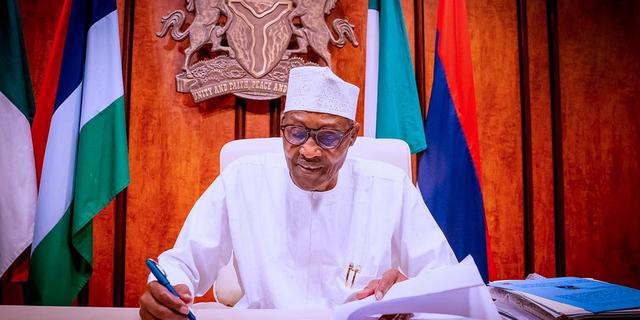By Asmau Ahmad with agency report
Nigeria will restructure a total of N23.7 trillion in short-term loans owed to its central bank to 40-year debt at 9% interest, President Muhammadu Buhari said in a letter to parliament seeking approval for the transaction.
Africa’s largest economy has struggled with low revenues due to crude theft in its oil-producing region. Oil theft cost it more than $2 billion during the first eight months of this year, a Senate investigation found in November.
Economists say the Nigerian government is spending more on debt repayments than on education and health, but Buhari has said his government had no choice but to borrow its way out of two recessions in the last seven years.
Buhari’s party has a majority in the parliament, which has never turned down any of his requests for approval.
Nigeria’s economy has started to grow, but is fragile and the performance of its dominant oil sector is weak.
Last month, Fitch downgraded Nigeria’s rating to ‘B-‘ with a stable outlook, in part because of a deterioration in its debt servicing.
President Buhari said the government owed N22.7 trillion as of December 19 to the Central Bank of Nigeria (CBN), in temporary advances, which he described as “short-term or emergency finance to fund delayed government expected cash receipts.”
In a letter to parliament dated December 20, Buhari sought approval for an extra N1trillion advance to government from CBN.
This is in addition to Buhari’s request this week for an extra N819.5 billion in 2022 spending, to be financed by local borrowing.
Nigeria’s total public debt climbed 3% to $103.3 billion in the second quarter, driven by local borrowing. The budget deficit to revenue ratio hit 74% this year and could rise to 111% next year, finance ministry data showed.
The government did not disclose the level of interest currently being paid on the debt that is to be rescheduled.




